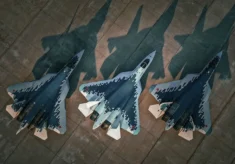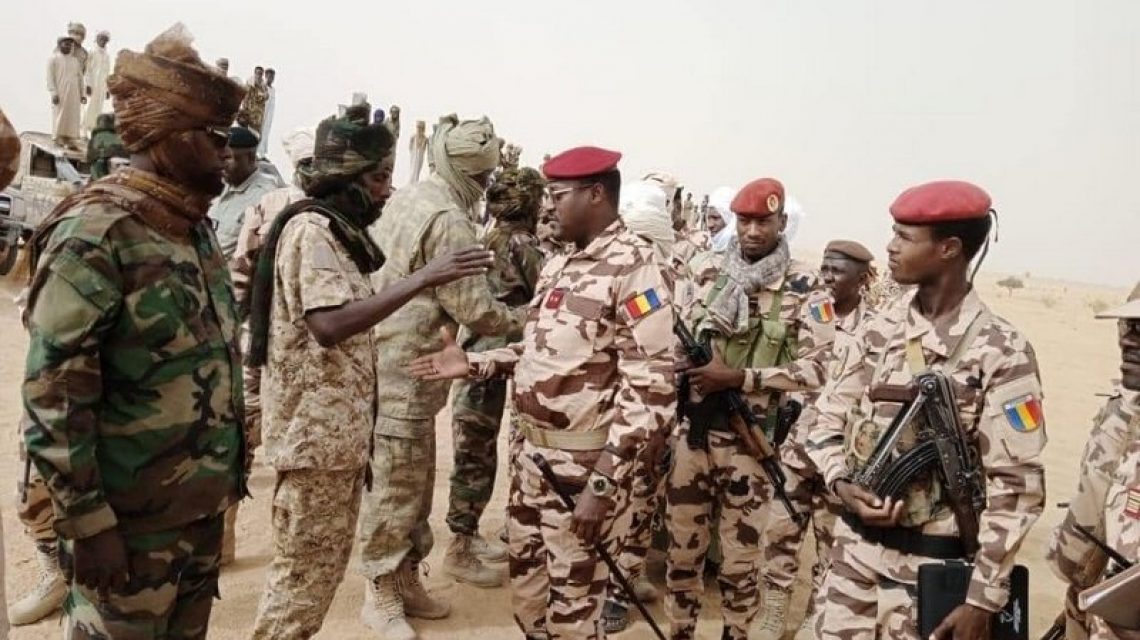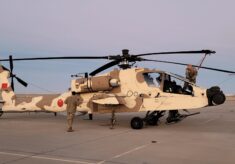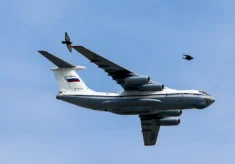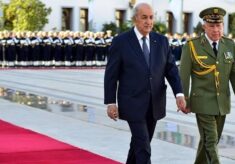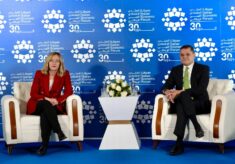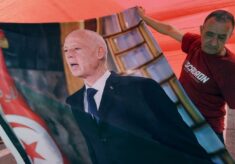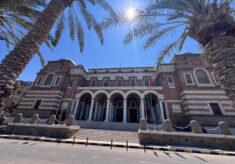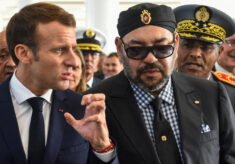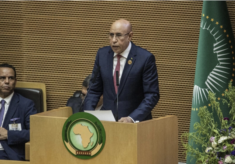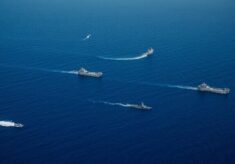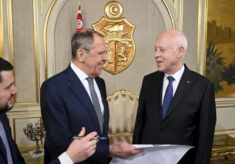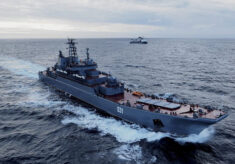More than three years after a 2020 ceasefire agreement put an end to hostilities, Libya is still looking for a way out of its convoluted transition to democracy. The electoral process, blocked in 2021, seems to remain suspended indefinitely, as UN envoy Abdulaye Bathily struggles to gather the main stakeholders to smooth the way forward. However, while a planned national reconciliation conference approaches, and the Crown Prince Mohammed al-Rida al-Senoussi intensifies efforts to restore the 1951 Constitution. As he presents the monarchy as the only solution to the crisis, volatility in the country continues to rise, particularly in the south.
The shutdown of the Sharara oilfield and the force majeure declared by the National Oil Corporation on the 7th of January due to local protests was just a reminder of the tense environment in the southwestern Fezzan region. The lack of services and employment opportunities have further exacerbated the situation. The force majeure (that absolves the company from contractual obligations due to circumstances beyond its control) was lifted just a few weeks later, but cyclical closures continue to affect the oil production, undermining ambitious plans to increase the total output to 2 million b/d.
The presence of foreign fighters and mercenaries from neighbouring Chad and Sudan, combined with Libyan militias and armed groups, greatly undermines the rule of law and increases the discomfort in the South. The Action Plan approved by the Joint Military Council (JMC) to withdraw foreign forces from Libya has been implemented slowly, responding much more to external factors, caused by the ever-changing regional landscape in the Sahel (including successive military coups and the outbreak of the civil war in Sudan) than to the internal dynamics in Libya.
The return to Chad of 900 fighters of the Union des Forces pour la Démocratie et le Développement (UFDD, Union of the Forces for Democracy and Development), announced earlier this month, stems from the 2022 agreement signed in Doha between the military junta and rebel groups. This has contributed to the general impression that the tide has turned against Chadian rebel groups and mercenaries active in southern Libya, especially after the death of President Idriss Déby Itno during a surprise raid of the Front pour l’Alternance et la Concorde au Tchad (FACT, Front for the Alternative and the Concord of Chad) in April 2021.
In his fight against rebel groups President Itno’s successor and son, Mahamat Idriss Déby Itno, apparently in an unexpected way, found the helping hand of Gen. Khalifa Haftar, the commander of the Libyan National Army (LNA). At the end of last summer, the LNA launched a military operation in southern Libya against the FACT, after having used the same group as a recruiting pool for mercenaries since 2017.
The swift turnaround has been prompted by emerging trends, such as the rise of new leaderships in the Sahel and the attendant Russian interest in these “revolutionary” countries. These rising leaders could be made more supportive to Haftar’s repeated attempts to seize power in Libya
Sudan, where the paramilitary Rapid Support Forces (RSF) seems to have gained the upper hand against the Sudanese Armed Forces, is another a case in point. One the one hand Wagner Group’s support to the RSF dates back to 2018 and increased considerably since 2021, on the other the RSF provided considerable support to Haftar, who has been quick in returning the favour. Interestingly Ukraine has begun last year to send its commandos to support the government.
This situation entails two worrying trends. The first is that Wagner, even under its still unofficial name of Afrika Corps, is there to stay and within a clear Russian MoD chain of command. If the name will be confirmed, it will further signal a solid Muscovite geopolitical interest in the continent.
The second is that in Sudan the interests of Russia and Haftar risk to collide with Cairo’s priorities, further complicating the political and military scenario and revealing a serious weakening of Egypt both in Mashreq and Maghreb.
